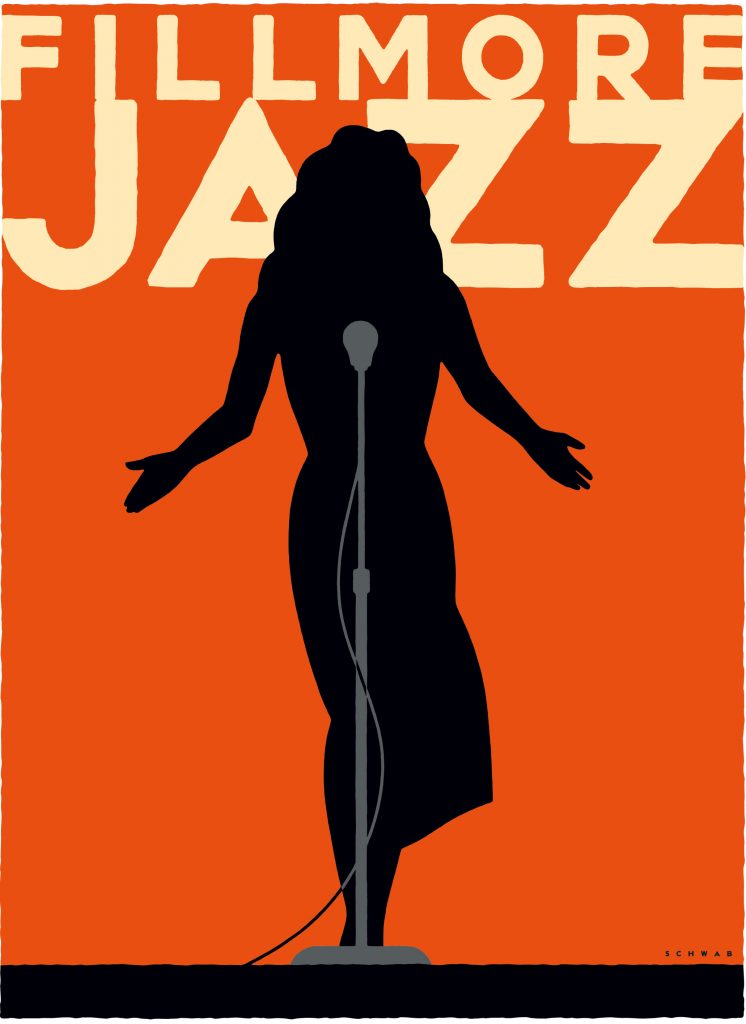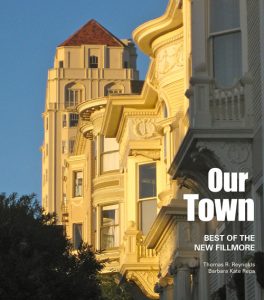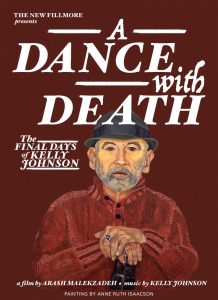A few weeks ago I moved into the Fillmore and have been enjoying it tremendously. I love the architecture, the views, the central location, the daily hum, the nightlife and the convergence of cultures from the jazz district, Western Addition, Japantown and Pacific Heights.
Mostly, though, I appreciate the people. While looking at several San Francisco neighborhoods this summer, I was struck by the smiling faces on Fillmore. No other neighborhood I saw matched it.
A clue to those smiles was in a recent edition of the New Fillmore. When I first moved into the neighborhood, my building had a small stack of New Fillmore in the lobby. I took one and read the whole thing as an introduction to the neighborhood. One article in particular stood out: “Life in the Express Line,” about James Moore’s retirement from Mollie Stone’s.
As a theology professor at the University of San Francisco, I constantly ask myself and my students questions such as “Why do we live?” and “What’s it all worth?”
One of my favorite answers to these questions is that even the most mundane things can have transcendent meaning and beauty. Such is the sentiment in Bobby McFerrin’s song, “Simple Pleasures,” and Martin Luther King’s speech, “What is Your Life’s Blueprint?” King encourages us to do whatever is our calling, “as if God Almighty called you at this particular moment in history to do it … like Michelangelo painted pictures … like Beethoven composed music … like Shakespeare wrote poetry …”
According to the article, James Moore has done this not once, not for a year or two, but for a lifetime. I’m certain his warm greetings and genuine concern for the people he served have had a powerful, positive influence on the community. I’ll bet it’s a source of some of those smiles I’ve seen on Fillmore.
I hope that, even in his absence, his example will continue and spread. In this hope I posted your article at USF for my students to read. Thank you for your write-up. And thank you, James Moore, for your story.
Mark T. Miller
University of San Francisco
Department of Theology and Religious Studies





